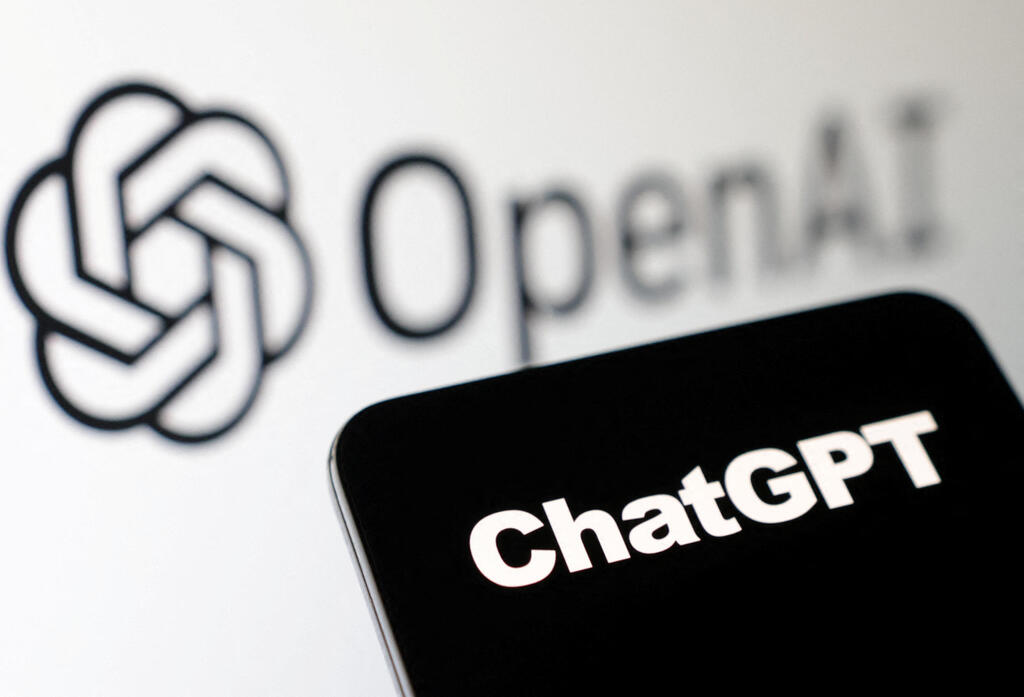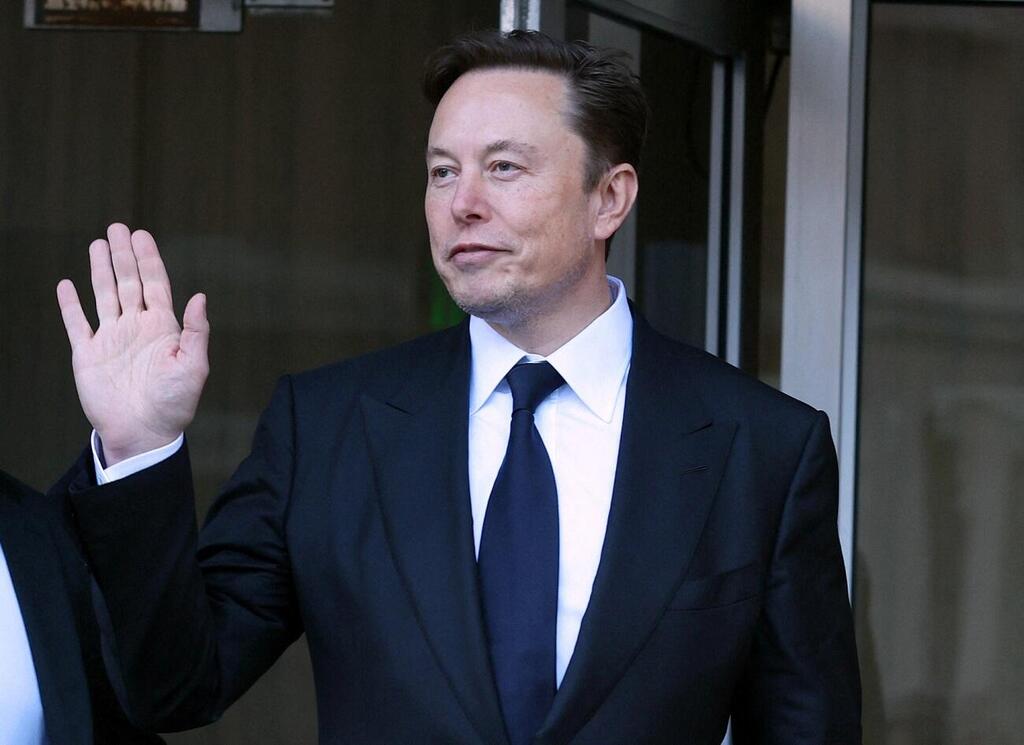It used to be a blank stare. Now the response is more of an uninterested "Oh yeah right, I have heard about that," followed by a shrug to indicate the end of the discussion.
Read More:
Fair enough. How exactly is artificial intelligence, recognizable to us only by robots and droids in Hollywood movies, relevant to our everyday lives?
Last I looked, my living room didn’t resemble the Starship Enterprise and (as far as I know) my iRobot vacuum isn’t spying on me sweeping the floor, learning my behavior patterns and simulating my muttering protests at the mess the kids have left. My iRobot is efficient, it cannot be learning from me!
And yet, sitting here typing into a Word document and consulting Google search, two flagship tools from Microsoft and Google which we take for granted and couldn’t survive 5 minutes without, I am inadvertently demonstrating why we should.
Amazon, Google, Microsoft and IBM are all competing in the emerging AI market, investing billions into data science projects. I am using these leading brands’ products of yesterday; tomorrow we will be using their AI products. Even for seemingly mundane tasks like typing up an article. It’s just the way of tech adoption, the way things go.
I say tomorrow, but in many ways, I mean today. I am sure most are already aware that ChatGPT can also compose articles on the fly. Maybe it wrote this one? It didn’t!
So what is the current form of artificial intelligence that we are seeing emerge today? What it is used for? Where is the technology headed? Or, perhaps more appropriately; where is it taking us? They are not the same question. (Nod to the Matrix conspiracy theorists!)
I have compiled some questions and answers to help readers understand the current climate of AI development and utility.
What is AI?
AI, or artificial intelligence, is a term used to refer to computer programs that simulate human processes and can perform tasks instead of them. A computing process that analyzes and processes data picked up from human behavior recognition (language, speech, etc.) which it then uses to develop patterns and predictions of future tasks.
Simply put, computers as we know them respond to commands with pre-programmed solutions, whereas AI, has been programmed to work out the answers for itself. And it does this by learning all the time, from the humans that prompt it.
What are ChatGPT and ‘Generative AI’?
We all woke up recently to the reality that a tool called ChatGPT along with an image generation bot called DALL-E, can do a lot of jobs better than we can. In the case of imaging, a lot better. ChatGPT is a ‘Generative AI’, meaning a tool that describes algorithms and can be used to generate new content.
This tool is a product by OpenAI, a business founded among others, by Elon Musk, Peter Thiel (both founders of PayPal), Sam Altman and Jessica Livingston. Originally a non-profit for friendly AI research, OpenAI became a real company in 2019 when it secured an investment deal with Microsoft of $10 billion… allegedly.
In any case, the most recent release of ChatGPT is blamed for tens of thousands of job layoffs, primarily in the tech sector. It seems that AI can now do the job better.
Providing of course it is expertly prompted. Referring of course to the sub-language developed by the human masters who are getting good at telling it what to do.
Besides ChatGPT, where is AI currently used in our lives?
The biggest examples can be found in industries that have been using it for quite a while in their core operations. Some of the largest news and media publications in the world use their own tailored generative AI computing to write articles for their readers.
Social media is another use case of AI which we are somewhat familiar with. All the recommended content on our feeds has been generated by behavior algorithms to curate entertainment for us based on our interests. And that’s when we are not being recommended loose-fitting t-shirts designed for dads by the intelligent, if not cheeky, consumer bots. Ahem!
Beyond consumerism and entertainment, where can AI be better utilized for good?
The idea is that AI will allow us humans to skip boring and painstaking tasks and optimize our efficiency in other realms of business, education and other sectors. The more data we allow an AI program to have, the more useful the use case.
Industry-specific AI tools will continue to emerge designed to scale back human brain input and even render manpower obsolete in certain areas. Academic research, medical science, law, art and agriculture are just a few examples.
Are the machines taking over?
This is not a silly question. Developed in the right hands, AI will remain with limitations and rely on safe human prompting. Engineered in the wrong hands, and the movies might not seem so far-fetched anymore. Especially when considering the leaps in robotics.
4 View gallery


OpenAI CEO Sam Altman testifies before the U.S. Congress
(Photo: Patrick Semansky/AP)
Not for nothing, Elon Musk already publicly sounded the alarm bells, calling for an industry standard and code [of conduct]. For his part, Sam Altman voluntarily testified in the U.S. Congress, calling for government regulation of AI development. If anyone understands the potential of AI enough to be publicly concerned, it is those two.
I have seen some cynical arguments that their calls for regulation and oversight are nothing more than a play at stifling competition. I don’t agree with that at all.
Be honest, did ChatGPT write this article?
Sorry, our server is experiencing heavy traffic and responses may take longer.
I knew it!
Moshe David Rubinstein is a British-Israeli entrepreneur, startup founder, angel investor and advisor to early-stage founders





